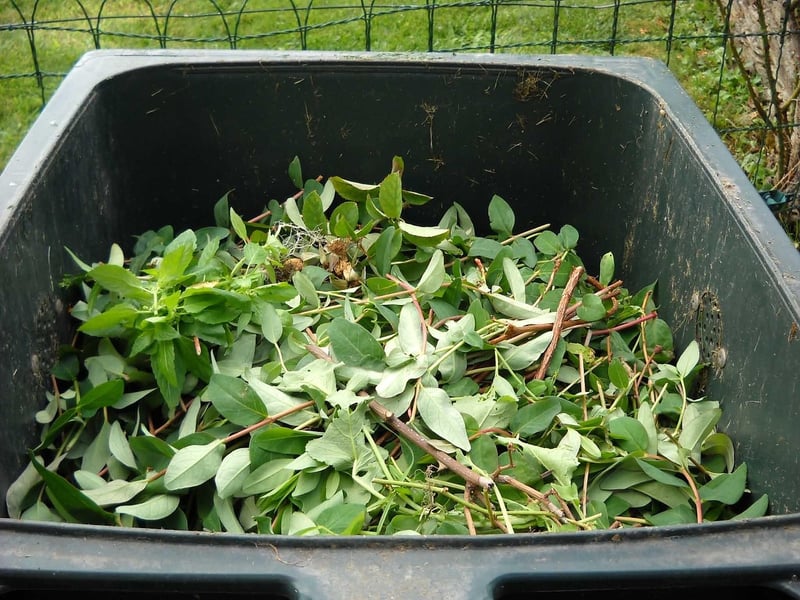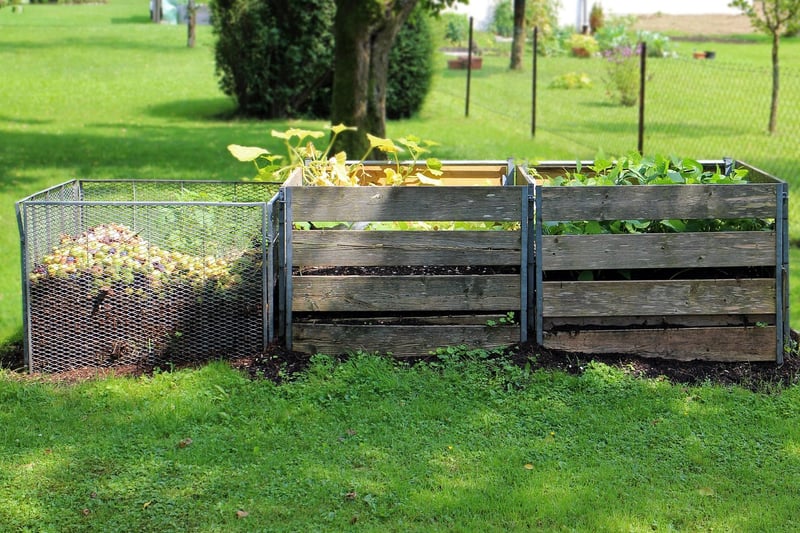Composting Solutions
Strategies for Reducing Waste and Living Sustainably
Introduction
Living sustainably is essential for preserving our planet for future generations. One of the most effective ways to do this is by reducing waste and adopting eco-friendly practices in our daily lives. In this article, we will explore some strategies for minimizing waste and living more sustainably, with a special focus on composting solutions.
1. Reduce, Reuse, Recycle
The classic mantra of "Reduce, Reuse, Recycle" is still highly relevant today. By reducing consumption, reusing items, and recycling materials, we can significantly cut down on the waste we produce. Opt for reusable items like cloth bags, water bottles, and containers to minimize single-use plastics.
2. Composting
Composting is an excellent way to reduce food waste and create nutrient-rich soil for gardening. By composting organic waste such as fruit peels, vegetable scraps, and coffee grounds, you can divert waste from landfills and contribute to a more sustainable ecosystem.
Types of Composting Solutions
- Backyard Composting: Ideal for homeowners with outdoor space, backyard composting involves creating a compost pile or using a compost bin to decompose organic matter.
- Vermicomposting: Using worms to break down food scraps and produce vermicompost, this method is perfect for those with limited outdoor space or living in apartments.
- Bokashi Composting: A fermentation process that allows for the composting of a wider range of food waste, including meat and dairy products.
3. Sustainable Shopping Habits
Choose products with minimal packaging, buy in bulk to reduce waste, and support brands that prioritize sustainability. Look for eco-friendly certifications and labels when shopping for groceries, clothing, and household items.
4. Energy Conservation
Reduce your carbon footprint by conserving energy at home. Switch to energy-efficient appliances, unplug electronics when not in use, and utilize natural light whenever possible. Small changes in energy consumption can have a big impact on the environment.
Conclusion
By adopting these strategies for reducing waste and living sustainably, we can all play a part in protecting the planet and creating a more eco-friendly future. Start small, make conscientious choices, and inspire others to join in the movement towards a greener, more sustainable world.

